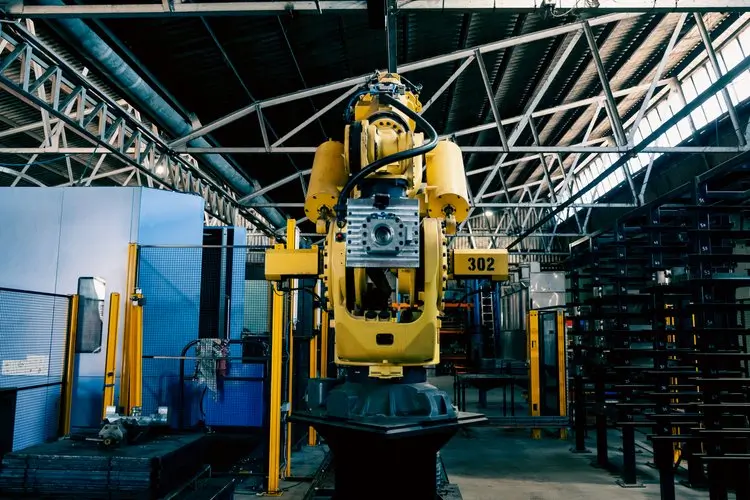Computer Numerical Control has revolutionized design, manufacturing, and engineering in the past few decades. CNC is a process that was created by integrating digital technologies alongside traditional machining techniques. It is now the dominant method of manufacturing high-precision components and parts across a range industries. This article focuses on the benefits and uses of CNC-machining. It also highlights its impact on modern technology.
The mechanics of CNC Machining
CNC machining employs subtractive processes that removes material from the workpiece or solid block to create the shape you want. The process is based on computers pre-programmed to control the motions of machines. The code that is generated by CNC machines depends on the type of CNC machine and complexity of part to be produced. The basic principle of CNC machines remains the same. A high-speed cutting machine precisely cuts the material to produce the finished product.

The precision of CNC machine is among its greatest benefits. The digitalized nature of the process allows an extremely precise and reliable production, minimizing human error while ensuring uniformity across batches. This level of precision is essential in industries like aerospace and medical devices.
Digital Computers and their role in CNC Machine Operations
CNC machining accuracy and efficiency is a result of the integration of digital technology. CNC machines operate with specialized software, which makes the entire manufacturing process more efficient. The software converts computer-aided design (CAD) into an exact set of instructions which are then followed by the CNC machine to produce a part. The instructions cover everything from the speed and direction of the cutting instrument to the depth and angles of every cut.
In industrial facilities with larger scales, computers are often integrated directly into the CNC machines, allowing for continuous communication and management. This integration permits constant monitoring and adjustments in real time to guarantee maximum performance and minimize the amount of downtime. The automation of CNC machineries also permits continuous operation, significantly increasing productivity while reducing lead times.
CNC Machining: Its Advantages
CNC machining has numerous advantages over other manufacturing methods. The ability to produce complex, intricate components with high-precision is one of the biggest benefits. CNC machining is accurate, eliminating the requirement to make manual adjustments or rework. This decreases the amount of waste and improves efficiency. Additionally, CNC machines can operate in a continuous manner, which makes them perfect for high-volume production runs.
CNC machining also offers the flexibility. One machine can make various types of components by simply changing the program. CNC machining has an extremely high degree of flexibility, which makes it perfect for prototyping. It is also used for mass production.
The automation of CNC machineries also enhances safety in the workplace. Accidents and injuries are reduced when manual intervention is not required. Moreover, the consistent quality of CNC-machined components improves the reliability of the product and its performance, contributing to customer satisfaction and brand reputation.
CNC Machining Services Benefits Industries
CNC machining is utilized in a wide range of industries, each benefiting from its precision, efficiency, and flexibility. In aerospace, CNC machines produce critical components that must meet stringent standards of safety and performance. CNC machining is used by the medical device sector to manufacture complex surgical implants and instruments. Precision is of the utmost importance.
CNC machineries are widely utilized by the automotive industry for engine components and transmission parts. It’s also used for intricate interior and external features. Similar to this electronics benefit from CNC’s ability of producing tiny, precise components for consumer electronics, communication devices, and other electronic items. CNC technology is used in the art and jewelery industries to produce intricate and custom pieces.
The Future of CNC Machining
CNC machineries will continue to improve as technology advances. Multi-axis machining as well as additive manufacturing integration are expected to continue to push the limits of CNC technology. Machine learning and artificial intelligence will likely improve the efficiency and precision of CNC machine machining.
CNC machining has had a significant impact on engineering and manufacturing in the modern era. CNC machines offer unparalleled accuracy and versatility. It is an essential tool for many industries because of its ability to produce complex parts with incredible precision. As technology advances, CNC machining will undoubtedly continue to play a crucial role in shaping the future of manufacturing.
